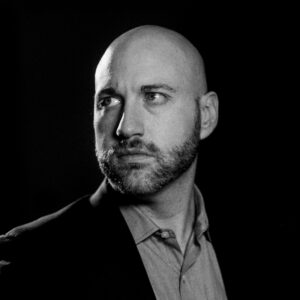Meet Content Libraries and Editing: A team of true believers in open standards, open source technology, and the freedom to move your data. Learn more from this interview with Fox Piacenti.
 Can you briefly introduce yourself and your team?
Can you briefly introduce yourself and your team?
My name is Fox Piacenti, and I’m with OpenCraft. We’re a global distributed team incorporated in Germany. We’ve been all-remote since our inception back in 2013, and we specialize in open source software, especially the Open edX online learning platform.
What is your motivation to work in the data portability field?
We’re firm believers in open standards, open source technology, and the freedom to move your data. We choose to open source our projects and favor the AGPLv3 license. Our focus on data portability is a natural extension of this mindset– if you cannot move your data, reuse it, and manipulate it for your needs, then your software controls you, and not the other way around.
In simple words, what challenges does your project address?
Our project, Content Libraries and Editing, allows instructors to reuse educational content they’ve written in multiple courses and beyond. As more and more learning happens online, the ability to remix and reuse content becomes an ever more pressing need.
What solution are you developing?
We’re developing the next generation of content library functionality for the Open edX online learning platform. This allows content authors to create reusable blocks for insertion into courses, as well as a set of APIs that allow technically inclined teams to display the content in contexts outside of courses as desired.
This has required not only building new content storage technologies to handle the needs of massive online open courses, but also new authoring tools using modern web technologies to replace the older authoring tools that have been the mainstay of the Open edX platform up until this point.
What are the next steps?
The next steps are to take this project to the next level– to refine it further, and use it in projects that will not only allow content to be used in multiple courses, but to use it to build new learning experiences outside of the traditional course paradigm. This next step is a project called Modular Learning, which we’re excited to start!

